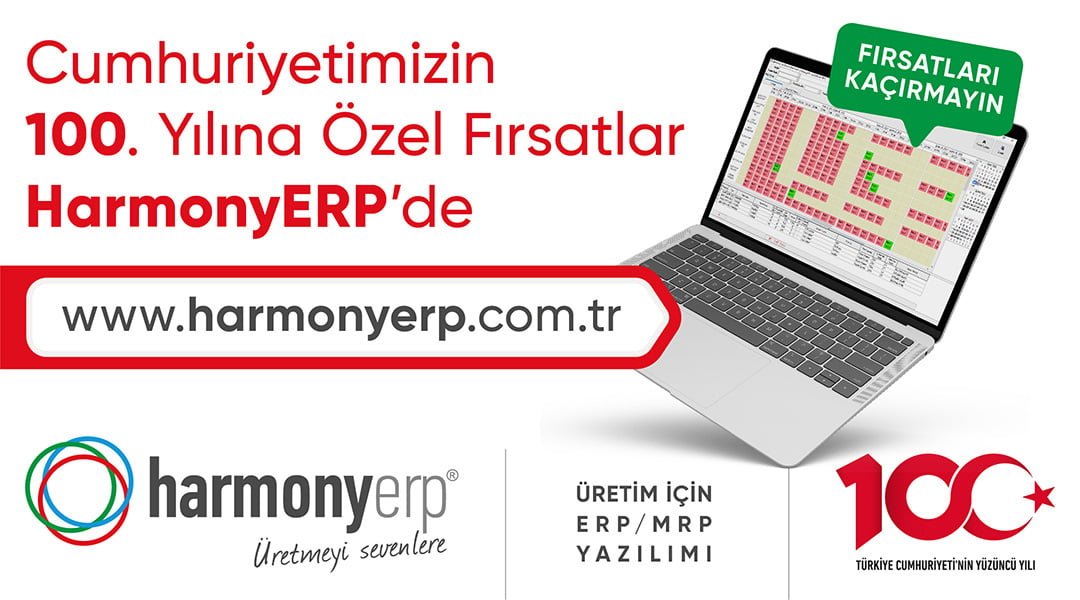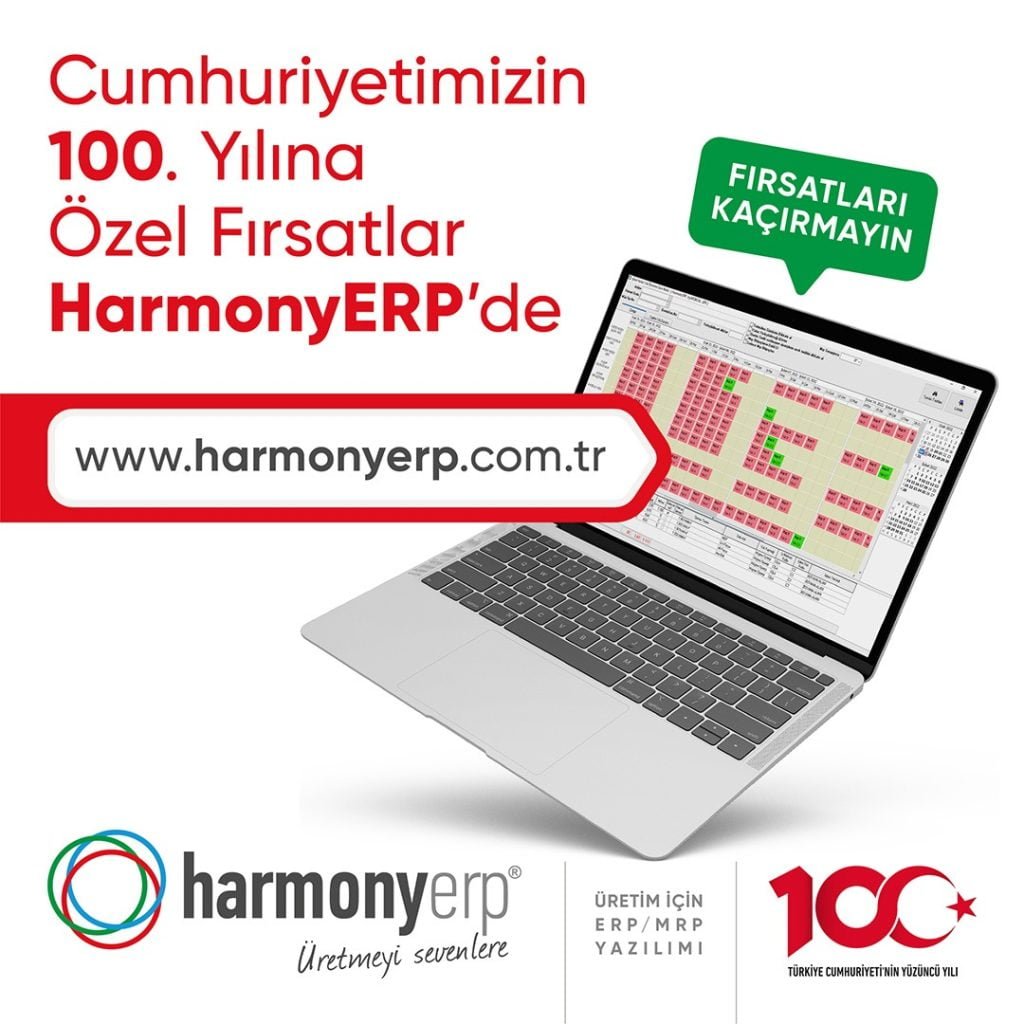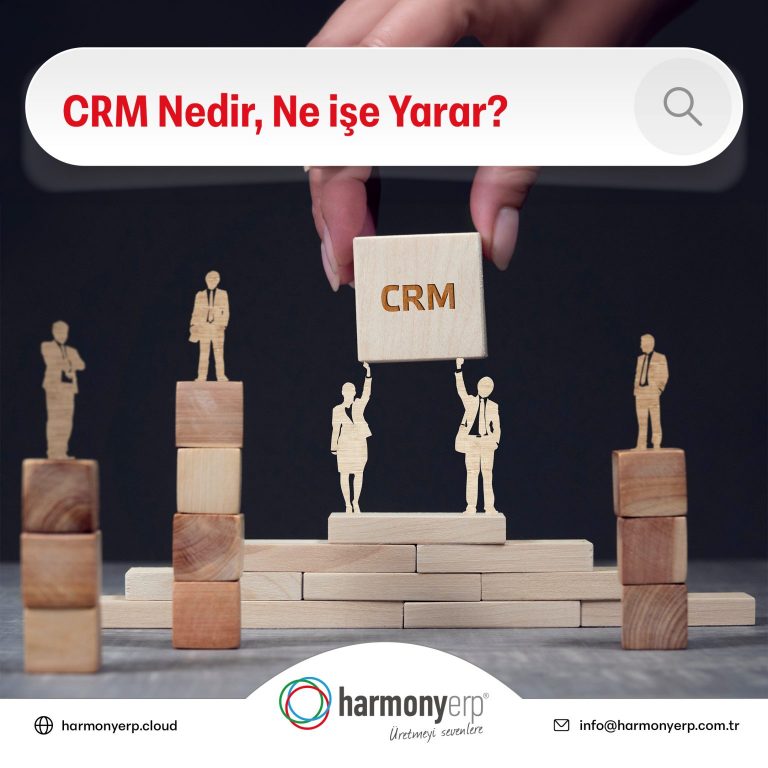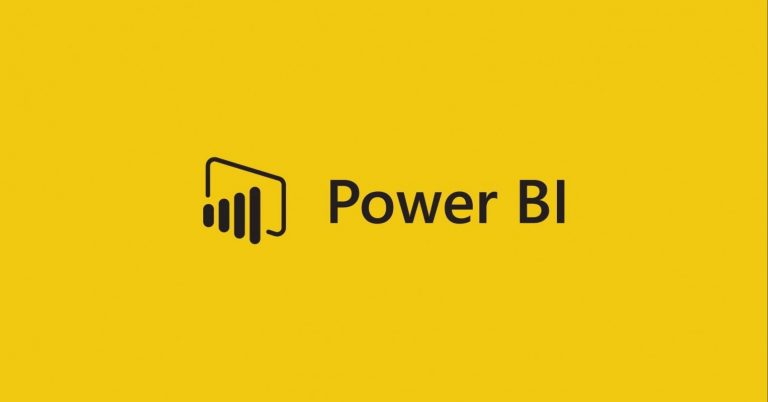What are the Reporting and Analysis Opportunities Provided by ERP?
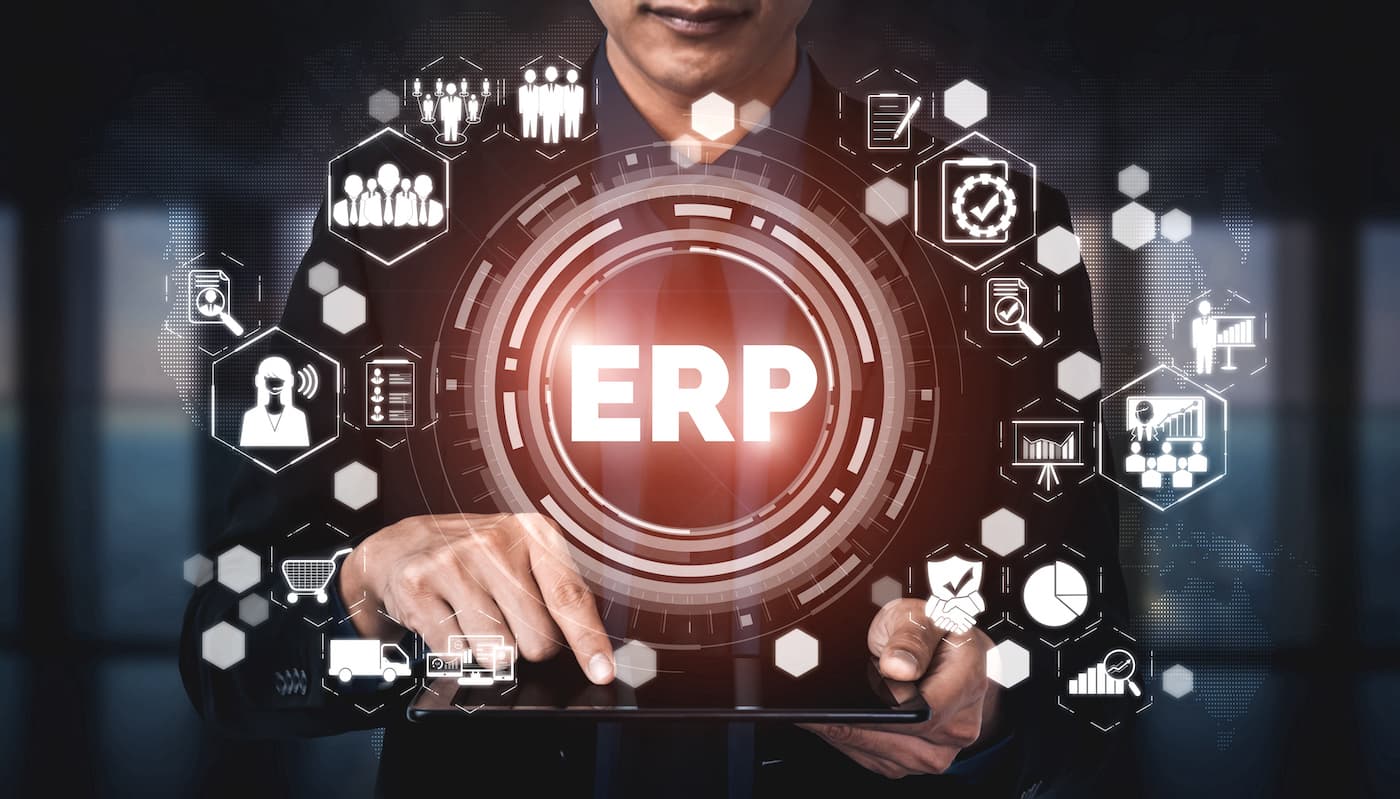
Basic Functions of ERP Systems
Enterprise Resource Planning (ERP) systems are comprehensive software solutions that integrate different parts of a business. These systems streamline workflows and data access by centralizing various functional areas within the organization – finance, human resources, manufacturing, supply chain, and more – into a single database. This improves information flow and increases data consistency, enabling collaboration and coordination between different departments. The main function of ERP is to improve the overall efficiency and operational performance of the business.
ERP systems support decision-making processes, providing real-time data to managers and decision makers. These systems are equipped with comprehensive reporting tools and analytical features so that managers can gain in-depth insight into various business processes and make the necessary adjustments to optimize workflows. ERP software also analyzes data on market trends and customer behavior, allowing businesses to guide their marketing strategies and customer relationship management more effectively.
Reporting Possibilities of ERP
ERP systems offer powerful reporting capabilities for businesses, providing managers and analysts with in-depth insights into business processes. These systems integrate data collected from various modules and generate comprehensive reports. These reports, which cover many areas such as financial reports, sales analysis, customer database management, inventory control and operational performance evaluations, allow businesses to objectively evaluate their performance and make strategic decisions. The customizable reporting tools offered by ERP can be tailored to different business needs, giving businesses flexibility and authenticity.
ERP systems also offer the possibility to perform trend analysis by monitoring data changes over time. This enables businesses to better understand market dynamics and consumer behavior. For example, periodic comparisons of sales data offer the opportunity to assess the performance of specific products and shape marketing strategies accordingly. ERP’s advanced analytics capability helps businesses make data-driven decisions and continuous improvement, enabling them to gain a competitive advantage.
Real-time Data Access
ERP systems support real-time data flow, allowing businesses to access instant information. This feature allows managers and decision makers to react quickly based on up-to-date data. For example, financial reports, sales analysis and inventory status can be updated instantly, so businesses can quickly adapt to changes in the market.
Detailed Analytical Reports
ERP systems help businesses analyze their performance in depth by generating detailed analytical reports. These reports can be used to compare performance across various business lines and departments, examine cost structures and assess revenue trends. In addition, these systems offer customizable reporting features, allowing businesses to create reports based on their specific needs.
Visualization Tools
Modern ERP systems have a variety of visualization tools to understand and present data. Tools such as dashboards, graphs, histograms and heat maps make complex data easily interpretable. With these visual tools, managers can better observe the overall performance of the business and shape their strategic planning accordingly.
Analysis Possibilities of ERP
ERP systems support smarter and more efficient decision-making processes by greatly increasing the analysis capabilities of businesses. These systems bring together information from different departments, enabling broad data integration. This integrated data structure offers the possibility to comprehensively analyze various aspects of the business, such as financial health, operational efficiency, customer interactions and supply chain management. Using this information, ERP optimizes business processes and provides critical data to identify opportunities for cost savings and revenue growth.
In particular, ERP systems are equipped with predictive analytics and business intelligence (BI) features. These tools predict future scenarios based on historical data and current business trends and enable businesses to plan proactively. For example, by analyzing data such as sales trends, inventory levels and customer demands, demand forecasts can be made and strategic business processes such as inventory management and production planning can be organized based on these forecasts. This capacity for in-depth analysis and foresight offered by ERP allows businesses to respond quickly and effectively to market changes, thus increasing their competitiveness.
Data Integration
ERP systems offer a broad analysis platform by integrating data from different sources. This integration enables businesses to get a holistic view by combining data from various areas such as supply chain, customer behavior, financial performance and operational efficiency. Integrated data helps to perform more comprehensive analysis and optimize the overall strategies of the business.
Predictive Analytics
Predictive analytics is one of the most valuable analysis capabilities offered by ERP systems. These analytics use current data trends and past performance to make predictions about possible future scenarios. For example, it enables businesses to make more strategic decisions by providing important insights on topics such as sales forecasts, budget planning and market trends.
Risk Management
ERP systems play a critical role in risk management processes. The system enables businesses to take precautions against these risks by identifying potential risks in advance. It is also an important tool for analyzing and managing risks such as financial losses, operational disruptions and compliance issues. In this way, businesses can be more resilient and prepared for possible crisis situations.
ERP systems are not only a resource management tool for businesses, but also a powerful decision support mechanism. With the wide range of reporting and analysis opportunities it offers, it enables businesses to make more informed and effective decisions. Thanks to these features, businesses can increase their competitive advantage and succeed in constantly evolving market conditions.

Previous Post
What is Micro Export and How to Do It?
Next Post
How to Cancel E-Archive Invoice?

